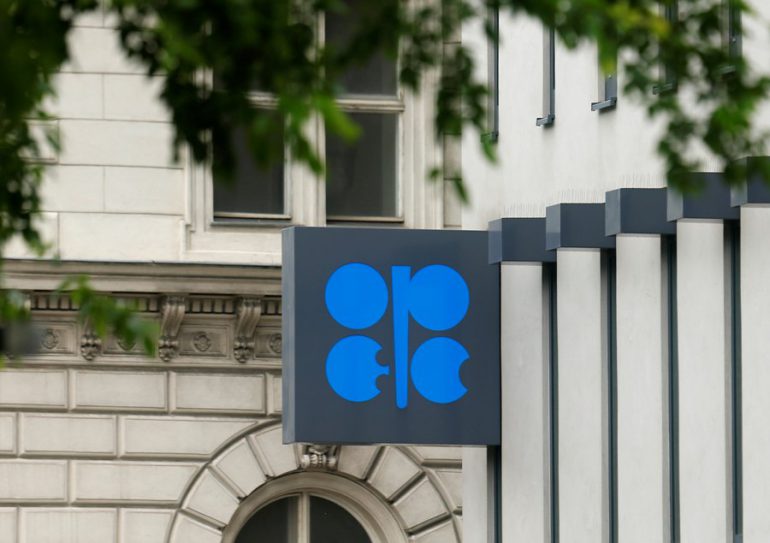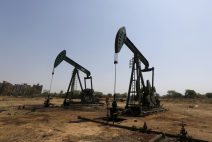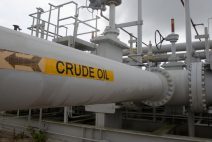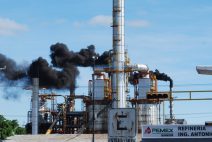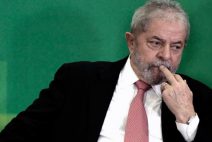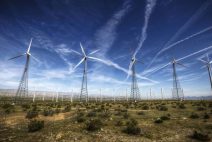OPEC is seeing signs of an oil supply surplus building from next month so its members and allies will have to be “very, very cautious” when they review output policy at regular monthly meetings, the group’s secretary-general said.
The Organisation of the Petroleum Exporting Countries and allies, known as OPEC+, is gradually unwinding record production cuts made in 2020 by raising output 400,000 barrels per day per month.
OPEC+ holds its next policy meeting on December 2. “The surplus is already beginning in December,” OPEC secretary-general Mohamed Barkindo said on the sidelines of an energy conference, when asked if he was sure there would be an excess in oil supply next year.
“These are signals that we have to be very, very careful,” he told reporters.
Barkindo declined to say if he thought OPEC+ would stick to existing policy when it meets on December 2.
While world oil demand is recovering from the pandemic-induced collapse in 2020, OPEC forecasts that demand growth next year is expected to slow and supply from rival producers such as US shale companies is expected to rise.
OPEC follows the level of oil inventories in members of the Organisation for Economic Co-operation and Development (OECD) closely as an indicator of oil market health and is wary of any renewed build up that might depress prices.
As of September, oil stocks in OECD member states stood at 2.8bn barrels, 374mn barrels lower than the same time a year ago, according to OPEC data, reflecting the impact of the OPEC+ supply cuts.
“The projections, not only from Opec but from the IEA (International Energy Agency) and other sources, show that throughout the quarters of next year there will be oversupply in the market using the metric of the OECD stocks,” Barkindo said. “This is also further evidence why we should be very cautious and measured in the decisions we take every month.”
OPEC has a vested interest in ensuring the global economic recovery continues, Barkindo said. “We think we are on a trajectory of recovery, and for us in OPEC we will continue to do whatever is necessary that this recovery is not faltered.”
